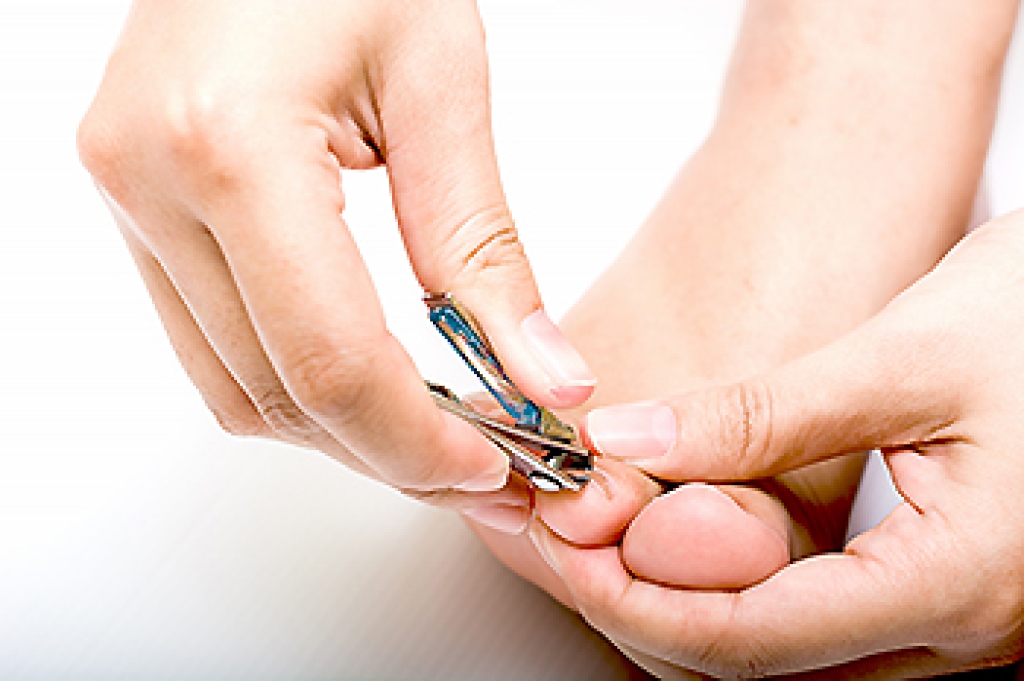
Proper toenail care is important for maintaining foot health and preventing issues like ingrown toenails and infections. Start by soaking your feet in warm water for about 10 minutes. This softens the nails, making them easier to cut and reducing the risk of cracking. Use a high-quality nail clipper or scissors specifically designed for toenails, as regular fingernail clippers may not provide a clean cut. When trimming, cut the toenails straight across rather than rounding the edges. This approach helps to prevent ingrown toenails, which occur when the nail grows into the surrounding skin. Avoid cutting the nails too short, leaving a small white edge at the tip to prevent discomfort and reduce the risk of infection. After cutting, smooth any rough edges with a nail file to avoid snags and cuts. If you need help with problematic toenails, it is suggested you schedule an appointment with a podiatrist.
Ingrown toenails may initially present themselves as a minor discomfort, but they may progress into an infection in the skin without proper treatment. For more information about ingrown toenails, contact Harris Greenberger, DPM of Fairfield County Foot Surgeons. Our podiatrist can provide the care you need to keep you pain-free and on your feet.
Ingrown Toenails
Ingrown toenails are caused when the corner or side of a toenail grows into the soft flesh surrounding it. They often result in redness, swelling, pain, and in some cases, infection. This condition typically affects the big toe and may recur if it is not treated properly.
Causes
- Improper toenail trimming
- Genetics
- Improper shoe fitting
- Injury from pedicures or nail picking
- Abnormal gait
- Poor hygiene
You are more likely to develop an ingrown toenail if you are obese, have diabetes, arthritis, or have any fungal infection in your nails. Additionally, people who have foot or toe deformities are at a higher risk of developing an ingrown toenail.
Symptoms
Some symptoms of ingrown toenails are redness, swelling, and pain. In rare cases, there may be a yellowish drainage coming from the nail.
Treatment
Ignoring an ingrown toenail can have serious complications. Infections of the nail border can progress to a deeper soft-tissue infection, which can then turn into a bone infection. You should always speak with your podiatrist if you suspect you have an ingrown toenail, especially if you have diabetes or poor circulation.
If you have any questions, please feel free to contact our office located in Norwalk, CT . We offer the newest diagnostic and treatment technologies for all your foot care needs.
